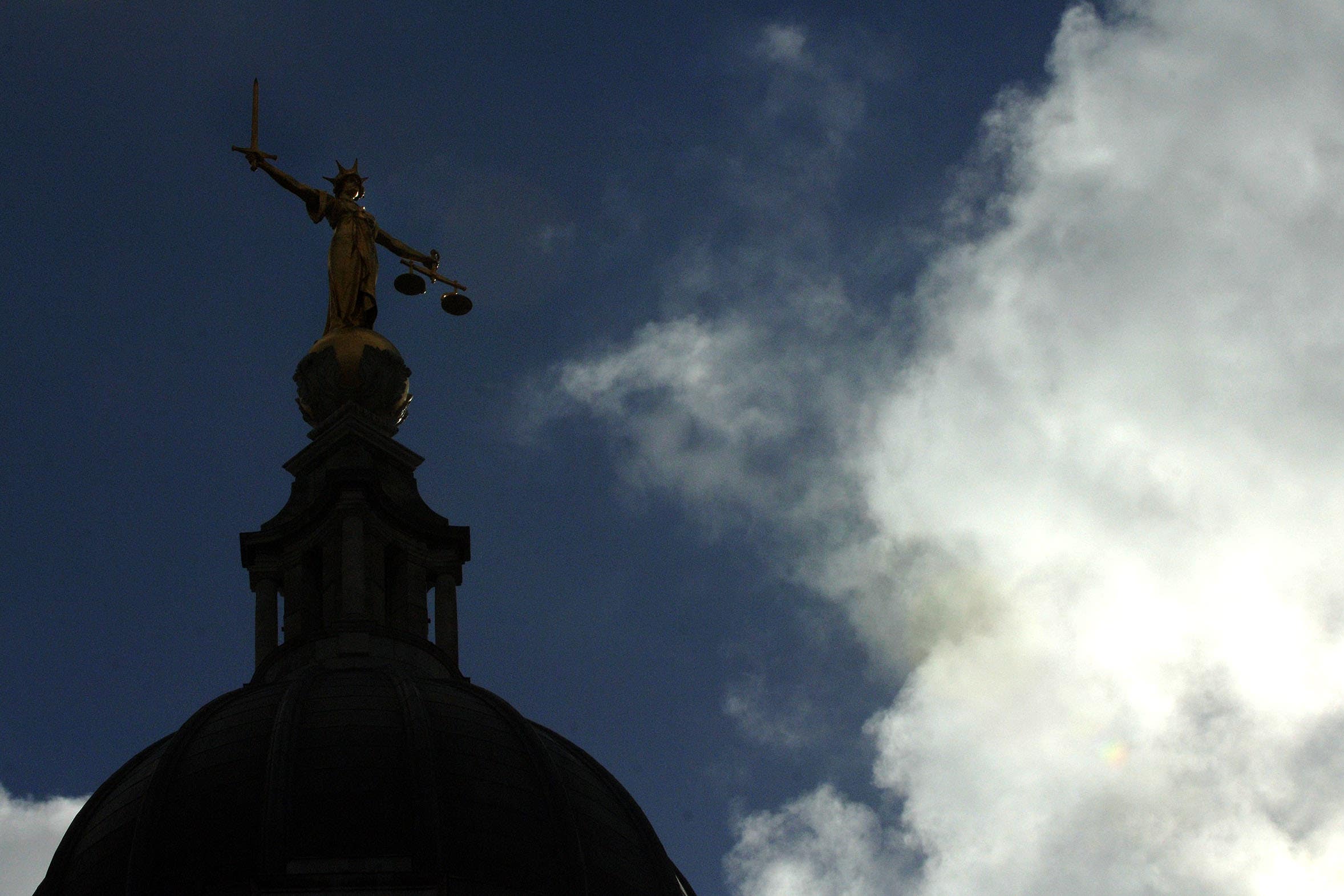War criminals could visit UK without prosecution fear unless law changed – MP
The SNP’s Brendan O’Hara said his Universal Jurisdiction (Extension) Bill would close the ‘loophole’ and allow action to take place.

Your support helps us to tell the story
From reproductive rights to climate change to Big Tech, The Independent is on the ground when the story is developing. Whether it's investigating the financials of Elon Musk's pro-Trump PAC or producing our latest documentary, 'The A Word', which shines a light on the American women fighting for reproductive rights, we know how important it is to parse out the facts from the messaging.
At such a critical moment in US history, we need reporters on the ground. Your donation allows us to keep sending journalists to speak to both sides of the story.
The Independent is trusted by Americans across the entire political spectrum. And unlike many other quality news outlets, we choose not to lock Americans out of our reporting and analysis with paywalls. We believe quality journalism should be available to everyone, paid for by those who can afford it.
Your support makes all the difference.Russian generals responsible for war crimes in Ukraine could visit the UK without fear of prosecution unless a legal loophole is closed, MPs have heard.
SNP MP Brendan O’Hara said the Clooney Foundation for Justice, co-founded by Amal and George Clooney, will call for changes to 2001 legislation to ensure a defendant can be prosecuted in the UK for genocide, crimes against humanity and war crimes regardless of their nationality or residence.
The relevant section of the International Criminal Court Act 2001 cited by Mr O’Hara states it applies to acts either committed in England or Wales, or outside the UK by a UK national, a UK resident or a person subject to UK service jurisdiction.
Mr O’Hara raised concerns as he introduced his Universal Jurisdiction (Extension) Bill, which seeks to implement the calls to “tighten up” existing legislation and bring to justice those responsible for the “world’s most heinous crimes”.
The MP for Argyll and Bute told the House of Commons: “This Bill would allow legal systems across the UK to do that irrespective of where those crimes were committed, regardless of the nationality or the location of the perpetrators or the victims, and without having to consider whether the accused person or their victim had any specific connection to the UK.
“In short, this Universal Jurisdiction (Extension) Bill is about saying to the world’s worst criminals that there is no hiding place and there will be no immunity.”
Mr O’Hara said the Clooney Foundation for Justice will release a report on UK jurisdiction in the coming months, with a key recommendation asking the UK Government to amend the 2001 Act.
He said: “They will argue instead that the UK should provide jurisdiction over those international crimes committed anywhere in the world even when that offence bears no relation to the UK.
“As the Clooney Foundation for Justice report will set out, our courts already have universal jurisdiction when it comes to torture and certain other crimes which can be prosecuted regardless of the defendant’s nationality.
“So there is no convincing explanation for the distinction that’s drawn between the law on torture and those other international crimes.
“And, as they say, one consequence of this loophole could well be that Russian generals with blood on their hands could potentially still travel to the UK, go shopping in Knightsbridge, undergo medical treatment and dine out in London’s best restaurants without facing the risk of arrest for the most serious and heinous crimes in the world.
“They argue this must change and I wholeheartedly agree.”
Mr O’Hara asked for his Bill to be considered further at second reading on November 24 although it is unlikely to make progress in its current form due to a lack of parliamentary time.